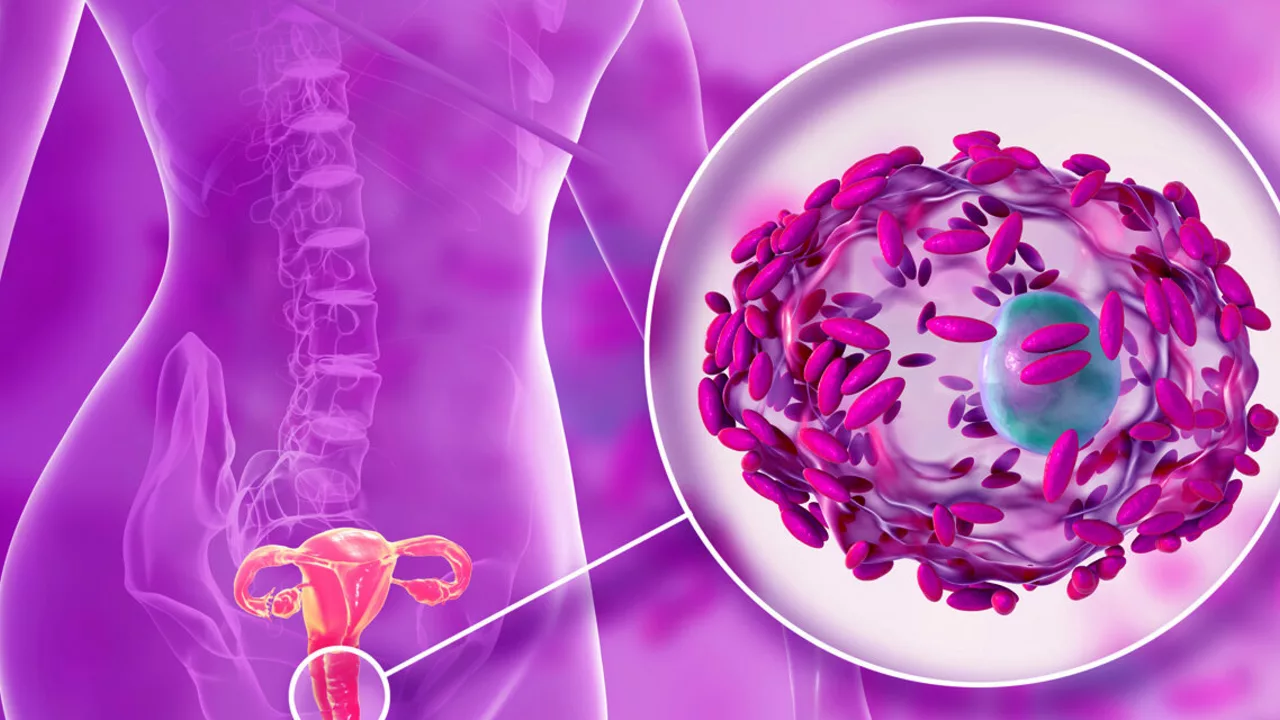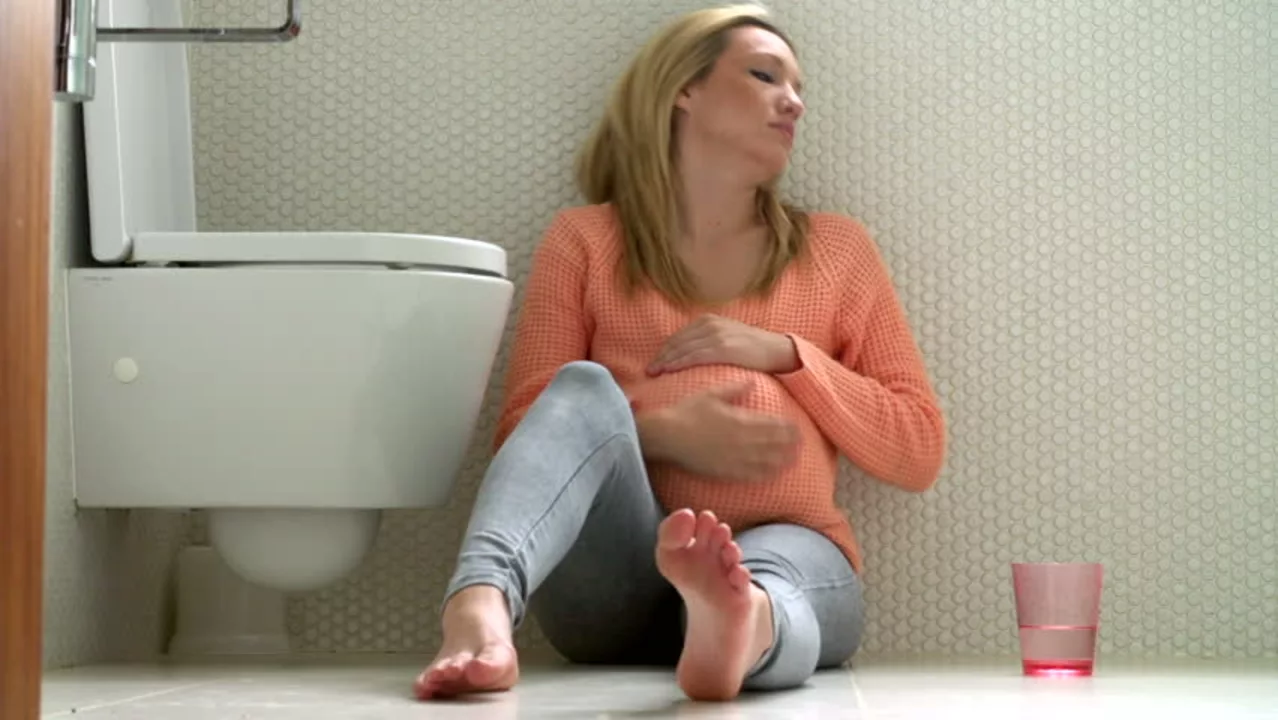Women's Health: Practical help for common concerns
Welcome to the Women's Health category—short, clear guides on the issues most people search for: vaginal infections, birth control, and everyday pregnancy problems. This is where you find quick facts, smart tips, and plain-language advice so you can act with confidence or know when to see a professional.
Vaginal infections: symptoms, testing, and treatment
If you notice itching, unusual discharge, odor, or burning, pay attention. Those are common signs of bacterial vaginosis, yeast infection, or sometimes a sexually transmitted infection. Don't assume—self-diagnosis often leads to wrong treatment. A clinic can run a simple swab or pH test and tell you which infection you have.
Antibiotics help for bacterial infections but won’t work for yeast. For yeast, antifungal creams or pills are the right choice. If you’re prescribed antibiotics, follow the full course and ask about interactions with birth control. Recurrent symptoms need a follow-up—sometimes lifestyle, douching, or a partner’s treatment plays a role.
To reduce risk: wear breathable cotton underwear, avoid scented soaps inside the vulva, and skip douching. If you get frequent infections, write down patterns—food, products, or sex timing can reveal triggers to discuss with your clinician.
Contraception, hormones, and pregnancy comfort
Hormonal pills like those containing ethinylestradiol work by stopping ovulation, thickening cervical mucus, and changing the uterine lining. That triple action makes pregnancy unlikely when pills are used correctly. If you vomit soon after taking a pill, the active ingredient might not be absorbed—call a clinician or follow the pill’s missed-dose advice right away.
Morning sickness can make dressing a pain. Choose soft, loose layers and elastic waistbands that you can shift without stress. Keep a spare outfit and a small plastic bag in your bag for accidents. Breathable fabrics and a button-up top help if you need to vomit quickly or rest in public.
If nausea prevents you from taking medicines, ask your provider about alternatives or anti-nausea options. For any new or severe symptoms—heavy bleeding, high fever, fainting spells—seek immediate care.
Want more detail? Check our posts on vaginal infections, how ethinylestradiol prevents pregnancy, and dressing tips for vomiting in pregnancy. Each article gives practical steps you can try today and when to contact a health professional.
Questions about a symptom or treatment? Use the comments or talk to your clinician—getting the right test and the right medicine saves time and worry.
Antidepressant Use in Pregnancy: What You Need to Know About Safety and Side Effects
Antidepressants during pregnancy are safer than many think. Sertraline is the preferred choice, with no proven link to birth defects or long-term harm. Untreated depression poses greater risks to mother and baby.
Menopause and Sleep: Practical Tips for Better Rest
Discover why menopause disrupts sleep and learn practical, evidence‑based tips-from cooling your bedroom to hormone therapy-to finally enjoy uninterrupted rest.
Vaginal infections and the use of antibiotics: What you need to know
In my latest blog, I delve into the common issue of vaginal infections and the role of antibiotics in treatment. I discuss the different types of infections, such as bacterial vaginosis and yeast infections, and how they can be effectively treated with antibiotics. I also touch on the importance of proper usage of these medicines and the potential risk of antibiotic resistance. I emphasize the need for a professional diagnosis before starting any treatment, as self-diagnosing can lead to more harm than good. Lastly, I stress the importance of maintaining good vaginal health to prevent these infections.
How Ethinylestradiol BP Works to Prevent Pregnancy
Ethinylestradiol BP is a fascinating hormone that plays a crucial role in preventing pregnancy. As a synthetic estrogen, it works primarily by inhibiting ovulation, ensuring that no eggs are released to be fertilized. Alongside this, it also thickens the cervical mucus, making it more difficult for sperm to swim and reach the egg. Additionally, Ethinylestradiol BP alters the lining of the uterus, making it less receptive to a fertilized egg. In essence, this powerful hormone provides multiple layers of protection to prevent pregnancy, making it a reliable choice for contraceptive methods.
How to dress comfortably while experiencing vomiting during pregnancy
During pregnancy, experiencing vomiting can be challenging, but dressing comfortably can help ease the process. To stay comfy, opt for loose-fitting clothes that are easy to remove, such as oversized t-shirts or dresses. Soft, breathable fabrics like cotton or bamboo are perfect for preventing irritation and keeping you cool. Elastic waistbands or adjustable straps are also great for accommodating a growing belly without causing discomfort. Lastly, having a spare change of clothes on hand helps to stay fresh and clean after any unexpected incidents.










